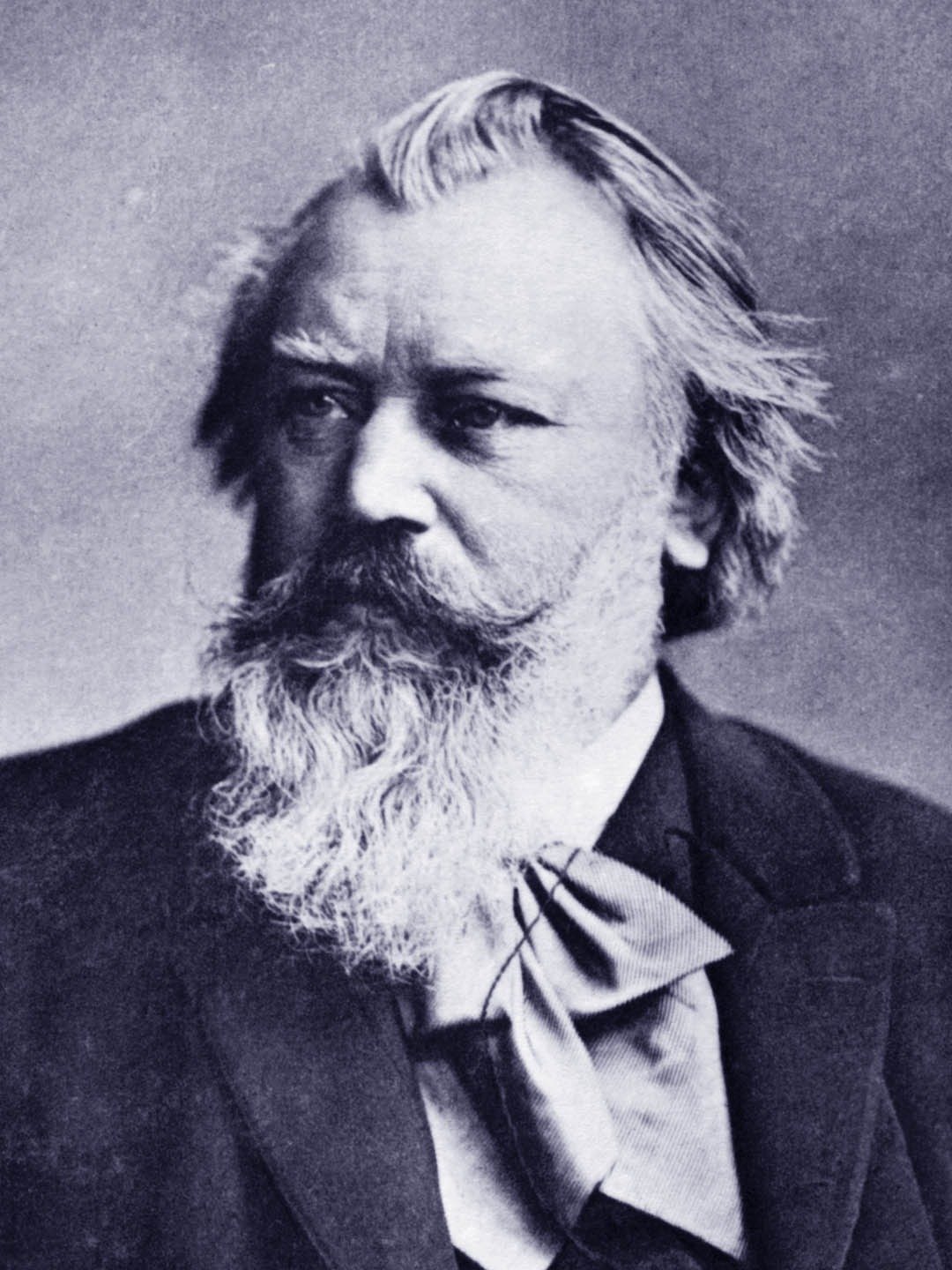A Romanian by birth, Emil Cioran lived most of his life in Paris, where he died in 1995. He is best known for his trenchant, though some might call them morbid, observations about the rhythms of life and death. In contrast to most pessimists, however, he focused not on the certainty of death but on what he called the "laughable accident" of birth. Why, really, he asked constantly, are we born?
It's actually a very good question. If we are believers in God, we might respond that we're born because God wanted us to be here. But this doesn't really answer the question; it simply pushes it to another one: why did God want us to be here? If we do not believe in God, however, the only way that we can respond is that, well, we just happened. That whether through dint of pattern or circumstance, the shapes and forms of the cosmos brought us into existence. Yet this doesn't really answer the question, either: it merely leaves us wondering about the essence of these shapes and forms. Why us?
Which do you prefer?
:format(jpeg):mode_rgb():quality(40)/discogs-images/A-1452451-1538232432-9652.jpeg.jpg)





